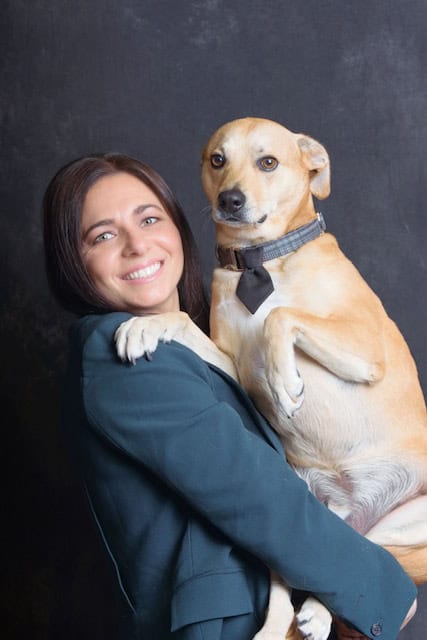Estate Planning for Your Fur Children, Aristocats Style
“Everybody wants to be a cat…” or so the song goes. But if you’ve got a Duchess or a Thomas O’Malley of your own lounging around your living room, it’s time to ask:
What happens to them if something happens to you?
We get it. You refer to them as your child at the dog park. You celebrate their birthday with a cake (meat-based, obviously). You’ve considered whether they need a raincoat. Pets are family.
But here’s the uncomfortable truth – they’re not heirs. They’re assets. (We know. Rude.)
So, if something happens to you and you haven’t made a plan, your pet could wind up in a shelter, with a distant relative who thinks walking a dog is a once-a-month activity—or worse, under the care of someone who gasp doesn’t even believe in treats.
Let’s not do that.
Enter the Pet Trust
No, your dog can’t inherit your IRA (unfortunate, we know). But thanks to something called a pet trust, you can still set aside money and name a trusted human to care for your animal.
Think of it like this: Duchess had her Madame. Marie, Toulouse, and Berlioz had their routines, their cream, their velvet cushions—and someone to look out for them.
A pet trust lets you do the same.
You choose the caregiver—the person who will actually care for your pet—and a trustee, who makes sure the money you’ve set aside for your animal is actually used for vet visits, high-quality kibble, and the occasional bacon-scented bubble bath. The caregiver and trustee can be the same person, but if you suspect your cousin would spend Fido’s funds on spa days for herself, it’s smart to separate the roles.
You can be as detailed (or delightfully eccentric) as you want. Want your dog to spend every day living their best life at BowWow Fun Towne? Put it in the trust. Want your Chinese water dragon to keep sunbathing under a UV lamp while listening to lo-fi beats? Go wild. It’s your plan—and your pet.
Got a Zoo?
If your household resembles a petting zoo, no judgment—we love a good animal ensemble cast. But it does mean your planning should be extra clear.
Who takes which pet? Should they stay together? Is someone getting the cats while someone else gets the chickens, the lizard, and the goats?
A well-drafted plan spells it out clearly. No mystery. No custody battles over Birdie the dog.
The Bottom Line
If your pet is part of your family, they should be part of your estate plan. It’s that simple. A little planning now means your furry, feathered, or scaly companion continues to live the good life—even when you’re not around to supervise the snack schedule.
Your plan should say who gets what pet, whether they stay together (a bonded pair? how sweet!), and how they’ll be supported.
Estate planning for your pet isn’t weird. It’s wonderful. So, let’s make it official: who gets the dog? Or the cat, or the frogs, or the ball python?
We can help you figure it out—legally and lovingly. Your fur baby deserves it.
And let’s be honest… you do too.
To learn more about Washington’s Estate Planning for Pets, please contact Beresford Booth at info@beresfordlaw.com or by phone at (425) 776-4100.
